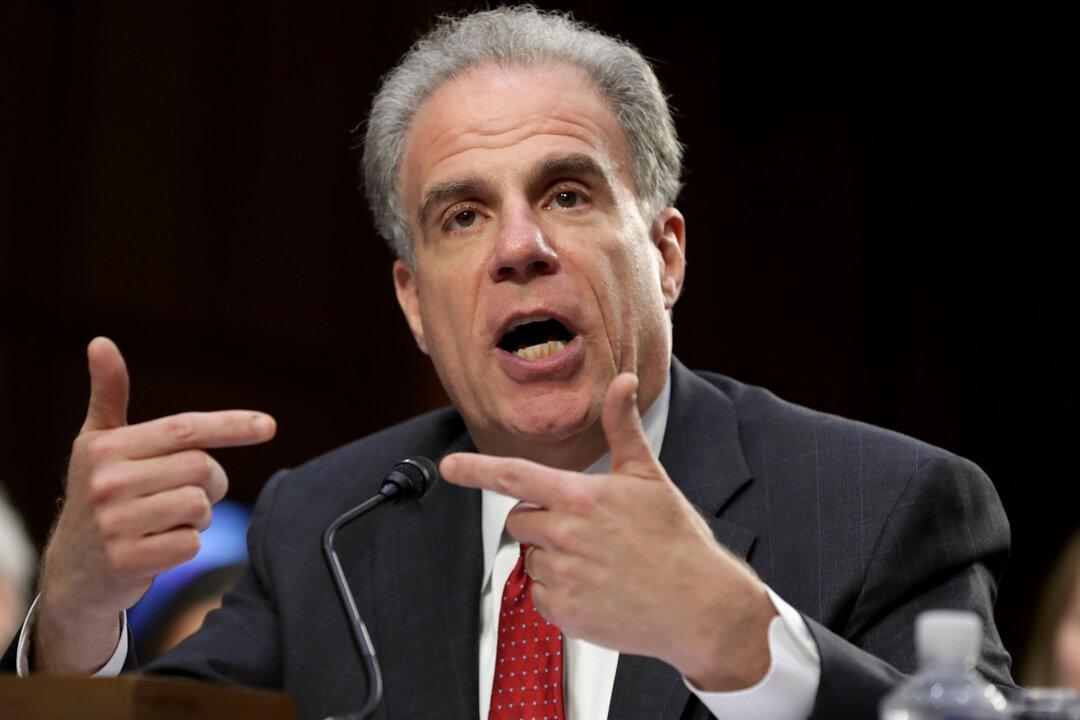News Analysis
There are still outstanding questions about how the FBI opened a sprawling counterintelligence investigation in the summer of 2016 on the campaign of then-candidate Donald Trump.


There are still outstanding questions about how the FBI opened a sprawling counterintelligence investigation in the summer of 2016 on the campaign of then-candidate Donald Trump.